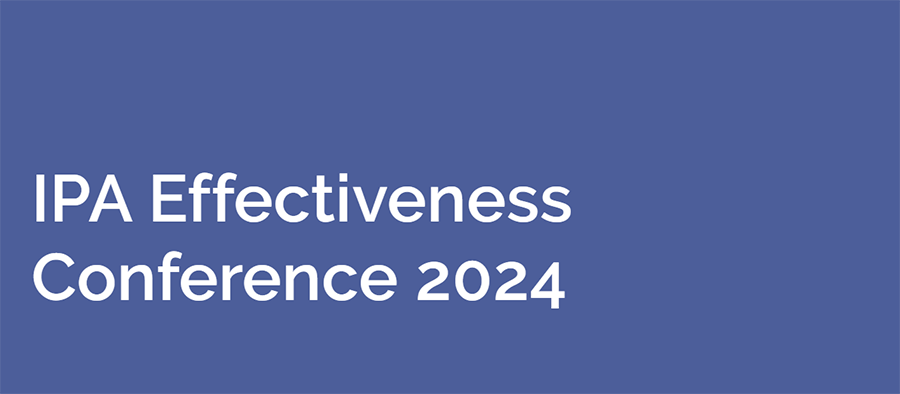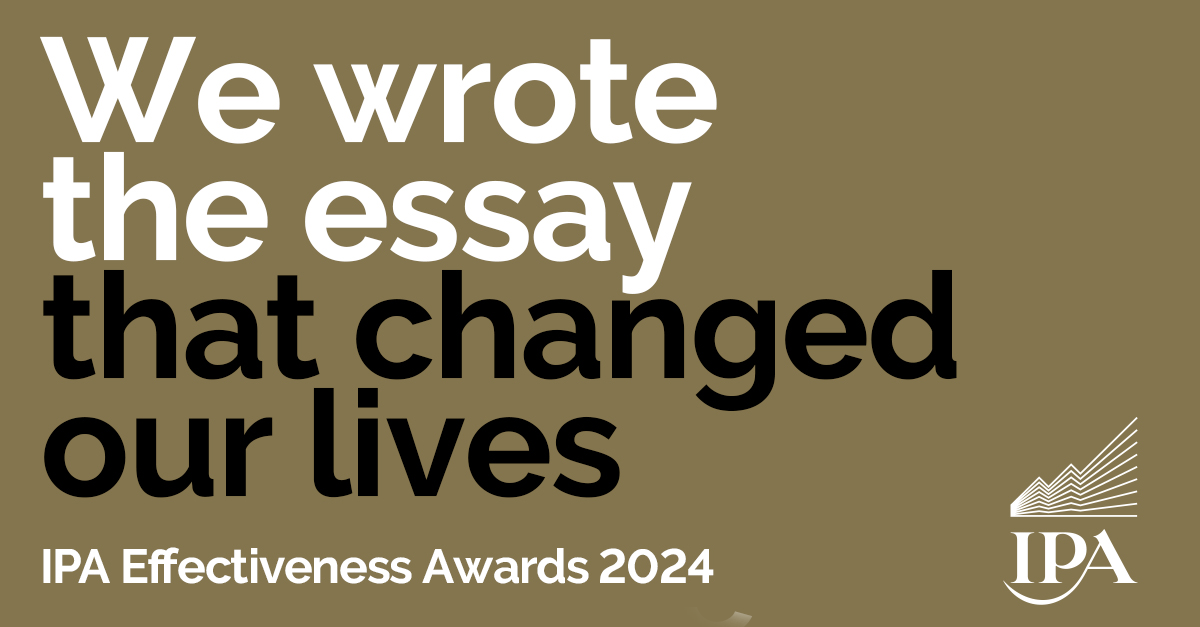Privacy and programmatic advertising have not been happy bedfellows. By public consent, everyone involved in the ecosystem has been tasked to do better.
This discussion primarily involves vendors of demand-side platforms (DSPs), the main piece of software used to buy online ad inventory, and supply-side platforms (SSPs), the marketplaces where publishers sell their available online ad inventory.
But it can’t be forgotten that advertisers, agencies and ad tech partners alike must also be held accountable for redesigning the infrastructure for a sustainable and privacy-safe world.
Regulation is needed. But so are leading industry voices committed to change. For reasons of transparency, ethics, and from a belief that cookies, as useful as they have been, made the industry lazy…
Simply put, cookies made advertising over-emphasise technology and targeting, and forget the other core strengths of our industry:
Connection.
Storytelling.
Bringing brands and audiences together into meaningful relationships with resonant experiences.
It’s time to change. We need an approach that doesn’t over-rely on either direction but balances media, creative and technology.
Bringing the industry into a cohesive position and standardising the various independent identity solutions which we have started to see develop is essential.
With that in mind, let’s take a look at just three of the eye-catching moves to cookieless advertising that have been kickstarted by industry regulators and tech giants.
These initiatives are part-resolving this problem before the looming end of cookies hits the industry like a meteor hitting a biscuit.
All of them are interesting and producing clues to the way ahead. But none of them are the end of the conversation.
Project Rearc
The Internet Advertising Board (IAB)’s Project Rearc is leading an initiative to create (‘rearchitect’) new accountability and addressability standards within the industry, specifically towards online user-privacy.
Most notably, the IAB are focused on developing the technology used to target addressable and authenticated users across the programmatic supply chain, advocating solutions such as The Trade Desks Unified ID 2.0 (recently handed over to Prebid.org for independent operation) as an open-source industry approach to identification.
Independent bodies need to have a vital role in the implementation of any new industry standard ID framework. And it’s good to see this going ahead.
Privacy sandbox & FLoC
Google’s Privacy Sandbox is an open environment to experiment with the proposed functionalities of cookieless tracking. These sets of standards can be trialed by all in the online community, who are encouraged to provide feedback and more detail on the needs that should be addressed.
Three distinct issues to be resolved are:
- Replacing cross-site tracking responsibly.
- Deprecating third-party cookies (responsibly).
- Mitigating any workarounds that stray from the proposed alternative to third-party tracking – such as, for example, fingerprinting.
Because after all, the principle here is to be less personally invasive – not more!
This initiative has been under closer scrutiny by regulators CMA to ensure there is no foul play. Linking back to abusing their position of power, Google needs to be held accountable for any solutions they provide, especially as they have their finger in almost every pie, digitally speaking.
Adform ID
Adform are also leading the way by providing a proprietary ID solution within their full suite of products. On the tracking side, Adform released their Cookieless Insights tool to accurately identify and measure conversions through stringent probabilistic identification where cookies are no longer apparent (via Safari and Firefox).
These enhanced reporting features respect the IAB’s user content guidelines while opening the possibility of tracking on such browsers. Adform also launched the first DSP solution to first party IDs last year so already have strong foundations in place.
Webinar: The Cookie Crumbles
Whilst these initiatives and many more are pioneering the transition towards a cookieless world, and prove that innovation is going to be forced by these new ways of thinking, these measures alone are not enough to combat the challenges we face in the near future.





